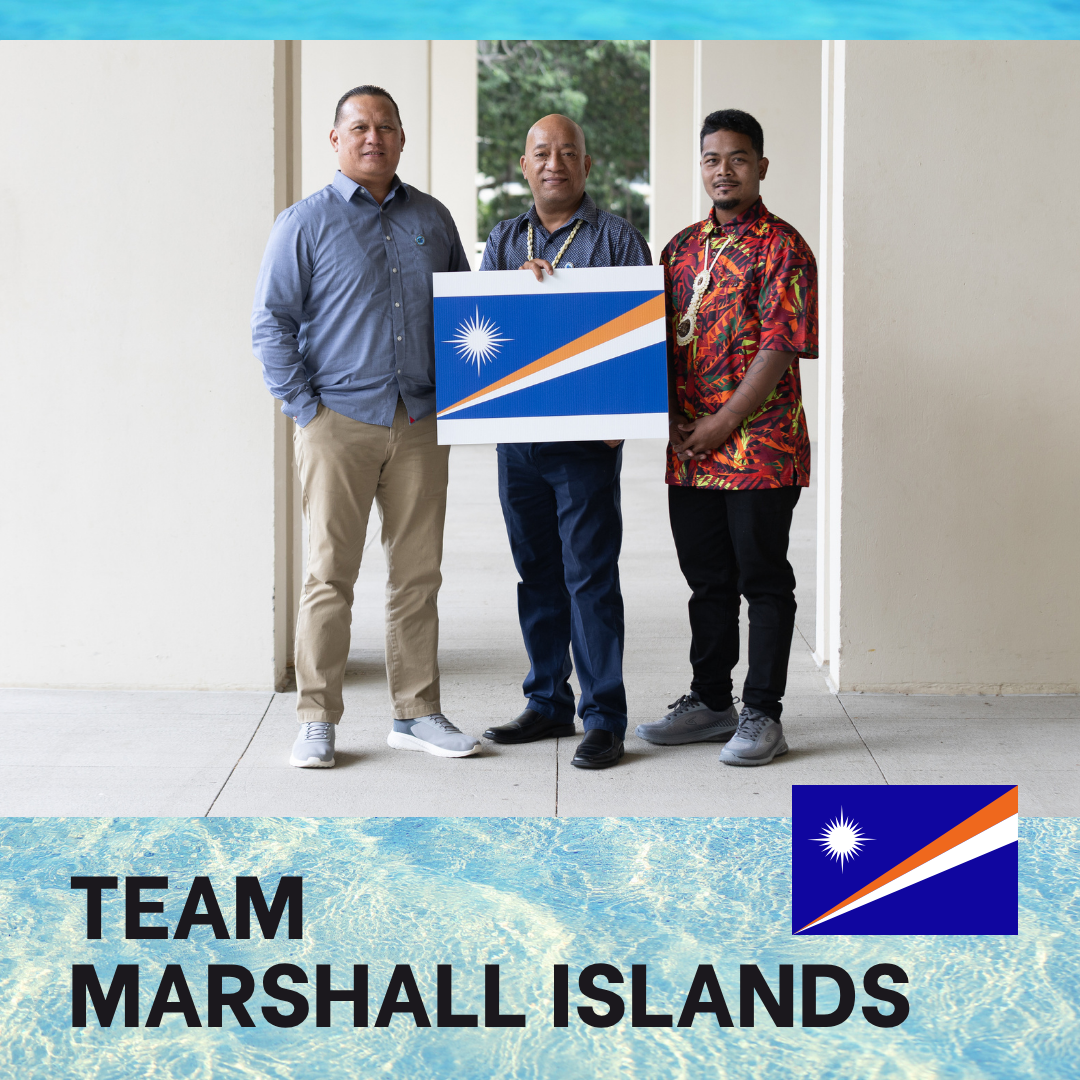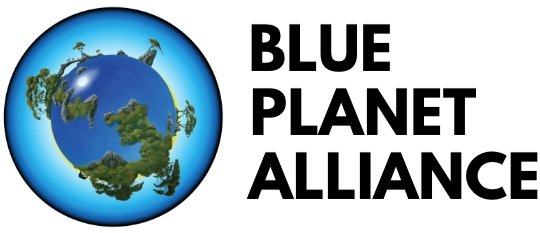
BLUE PLANET ALLIANCE FELLOWSHIP PROGRAM,
COHORT V
The fifth annual Blue Planet Alliance Fellowship Program convened in Honolulu, Hawaii, from October 19–24, 2025, for a productive week filled with momentum and potential. We had the honor of hosting representatives from Anguilla, Costa Rica, the Dominican Republic, Haiti, the Marshall Islands, Mauritius, Panama, and Sint Maarten. This high-level meeting immediately followed Climate Week NYC 2025, channeling the concentrated global focus and drive needed to accelerate climate-change action and welcoming new leaders into our expanding international network.
Throughout the week, participants attended highly engaging informational sessions presented by top experts from Hawaii. These speakers, who specialize in climate policy, energy, finance, and legislative strategy, were instrumental in establishing Hawaii as the first U.S. state to mandate a complete transition to renewable energy by 2045. Midweek, on Wednesday, the cohort traveled to see large-scale sustainable solutions in practice, including a visit to the Kawailoa Wind Farm and the Mililani Solar Park on Oahu. A key educational moment also included a talk by Brad Rockwell, Chief of Operations for the Kauai Island Utility Cooperative, who detailed how the island of Kauai has successfully operated at times using 100% clean, grid-supplied electricity.
A major focus of the week was the introduction of the 100x100 campaign, an ambitious new initiative designed to inspire 100 islands and territories to commit to generating all their energy renewably before the end of 2030. Blue Planet Alliance proudly announced that 14 countries and territories had already formally signed the Blue Planet Climate Agreement to move away from reliance on fossil fuels. Furthermore, the organization projected that by the close of 2026, over 60 islands would be part of the Alliance. The Fellows engaged with pioneers of this transition; for example, Hawaii was already generating nearly 38% of its power from renewable sources. They joined an established global network that included over 180 strategic MOU partners across 53 jurisdictions and 35 Global Ambassadors representing 23 jurisdictions, all working in concert toward a more sustainable global environment.
The week culminated with a powerful commitment to action during the final farewell reception on Friday. At the event, Anguilla and the Dominican Republic officially signed the Blue Planet Climate Agreement, formalizing their commitment to the Alliance's shared goal of achieving 100% renewable energy by 2045. This critical momentum was further underscored by the signing of seven additional Memoranda of Understanding (MOUs), significantly expanding the coalition of partners dedicated to accelerating the global energy transition. Having forged strong collaborative bonds and equipped with clear roadmaps for policy and technology implementation, the cohort departed with the unified conviction that islands are the indispensable laboratories of the future. The energy transitions discussed in Honolulu are no longer hypothetical; they are the blueprint for a global shift, proving that even the most geographically vulnerable communities can successfully engineer a world beyond fossil fuels.








